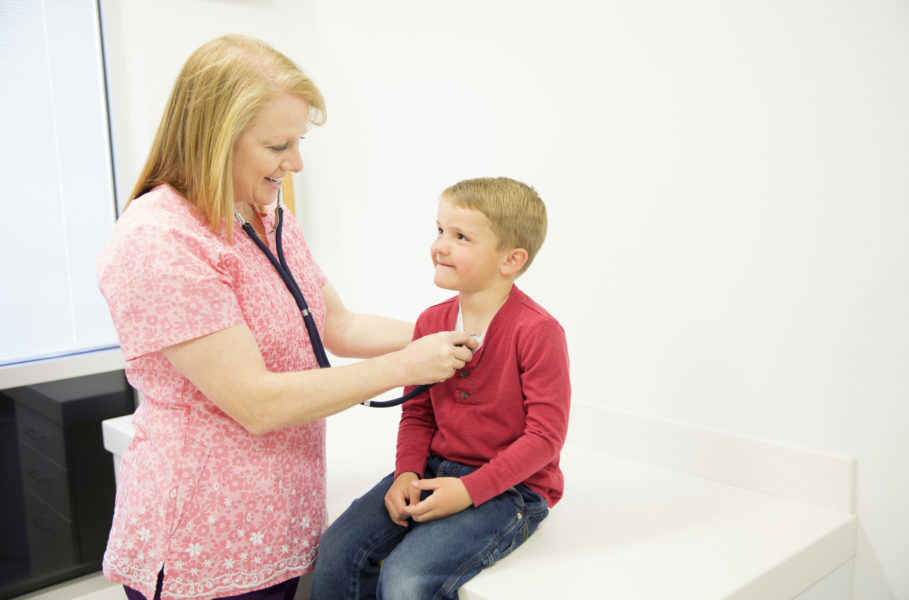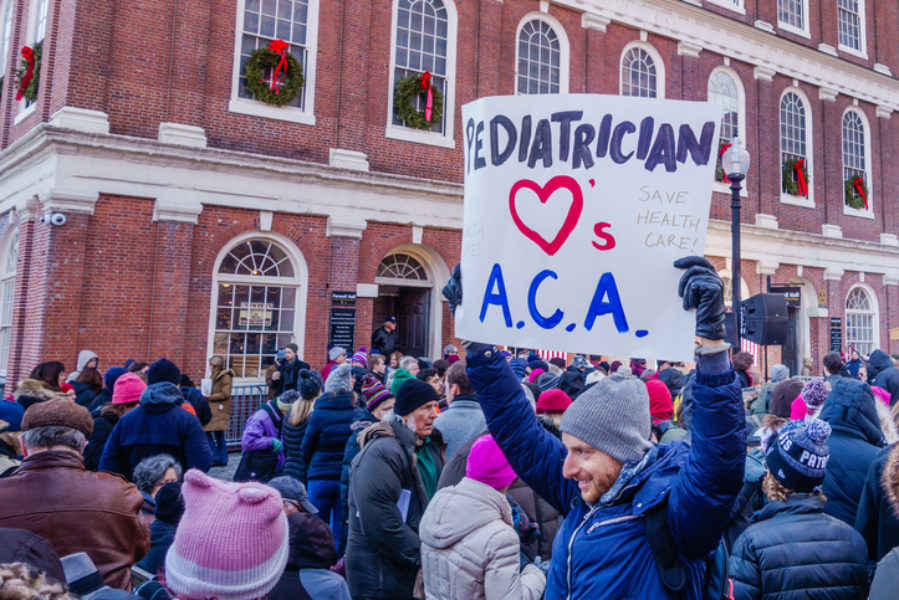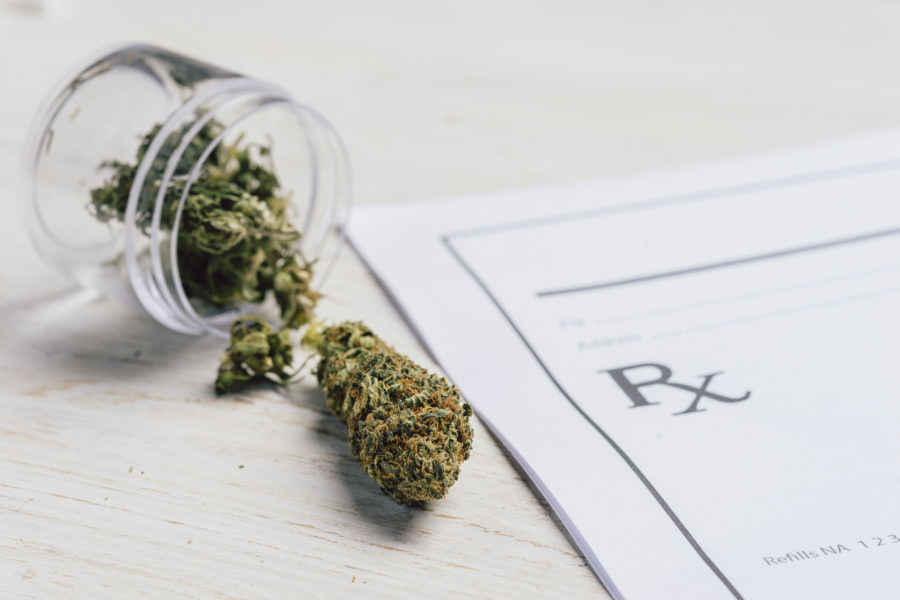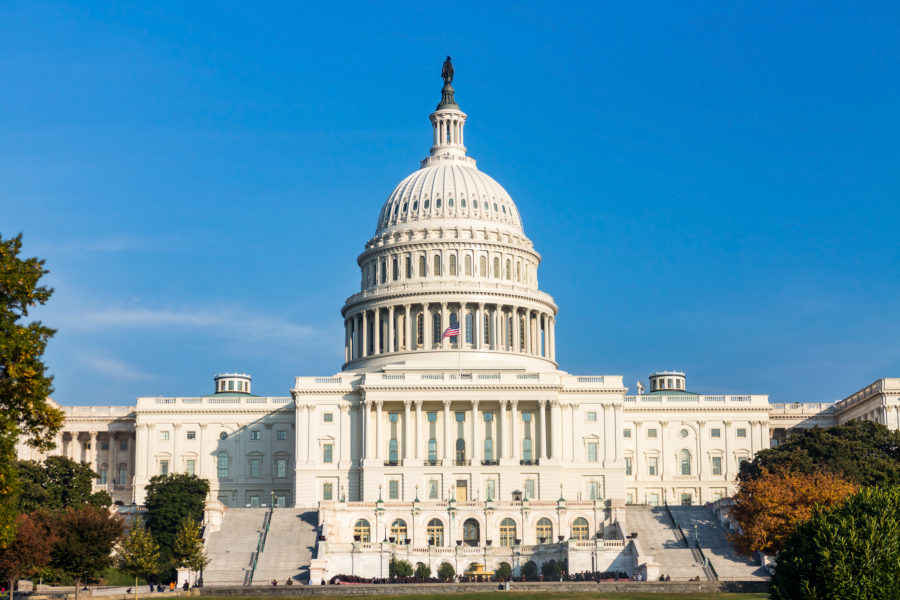
The Strong Start for Mothers and Newborns Initiative Provides a Blueprint for Improving Medicaid Prenatal Care
Law & Policy InsightsMaternal and Child HealthTimely, evidence-based prenatal care dramatically improves health outcomes for pregnant women as well as their babies. However, many women in the United States lack access to timely and adequate prenatal care. Lack of access to care is particularly prevalent among women of color as well as younger women, exacerbating existing inequities.











